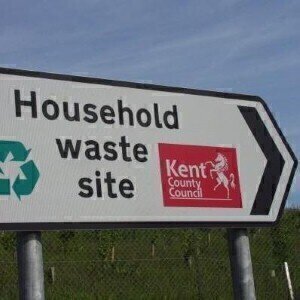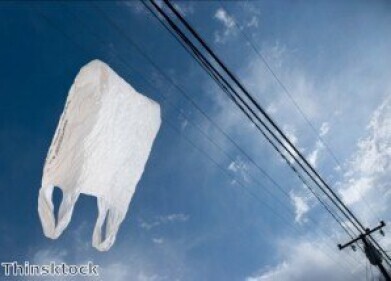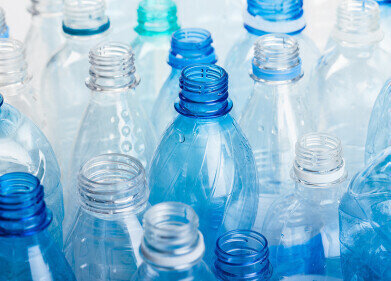Waste Management
When Recycling Won’t Work
Jan 17 2018
We’re increasingly a nation of recyclers, but the UKs waste management agency argue that there’s a limit to what we can do when it comes to reusing certain things.
As a country, we recycle almost 20% of our household waste, and while we’ve still got a bit of catching up to do to reach the 50% standard set by some other European countries.
One thing is for sure, according to BusinessWaste.co.uk - we’ll never make it to 100%, and neither will any of our European neighbours. That’s because some things will just never be ripe for refurbishment, reuse or recycling.
A spokesperson from BusinessWaste.co.uk explained: “We should of course aim to recycle as much as we possibly can, and play our part in sustaining the planet.
“That means taking all the measures we can to identify what waste can be recycled, and doing it in the most efficient and cost-effective way, whether that’s at home or at work.
“But we also need to accept that we’re not going to be able to recycle some things at all, either because we don’t have the capability or because we as consumers just won’t ever want to use them.
“This includes things like nappies, condoms and other intimate toiletry items, as well as anything that would be perceived as being unsafe after being recycled, such as brake pads for example.
“While recycled toilet paper, for example, is something we can buy in the supermarket, it’s toilet paper recycled from other former uses, and this is the last stage of its usefulness.
“Even if we were to reach a point where we could recycle things like these, are we really ready to start buying them? Most people we’ve asked have given us a categorical ‘no’.”
And on the street, the public seem to agree with this sentiment in their droves. Maria, 47, said: “I do buy recycled things whenever I can, and I also recycle whatever I can, but there’s a line. I’d never buy anything medical or hygiene related that had been used by someone else already, that’s just disgusting.”
Helen, 28, said: “I use recyclable nappies but there’s only my baby wearing them, then I put them through the washing machine. It saves me money and I know I’m not throwing loads of rubbish away when there’s no need. It’s different if it’s someone else’s nappy first though, I don’t like that idea at all.”
Stephen, 55, agreed, saying: “I don’t care what they do to it, say they’ve made it clean or whatever, it’s not on if it’s nappies or things like that.” When pressed on the idea of recycled brake pads, Stephen said: “No, not for me, that’s not safe and I wouldn’t risk it.”
As the research done by BusinessWaste.co.uk shows, it’s not necessarily our technical capabilities that need to change in order for us to reach a 100% recycling rate, but rather our cultural and societal ideas about what can and can’t be recycled.
After all, one of the most recycled things we use on a daily basis is water, which is constantly cleaned and used for all kinds of things from drinking to cleaning, before being put back into our drinking supply. It could be that one day we become less squeamish about other daily recycled things too, but it doesn’t look to be on the horizon just yet
Events
Apr 22 2024 Hannover, Germany
Apr 23 2024 Kuala Lumpur, Malaysia
Apr 24 2024 Sao Paulo, Brasil
May 05 2024 Seville, Spain
May 13 2024 Munich, Germany













